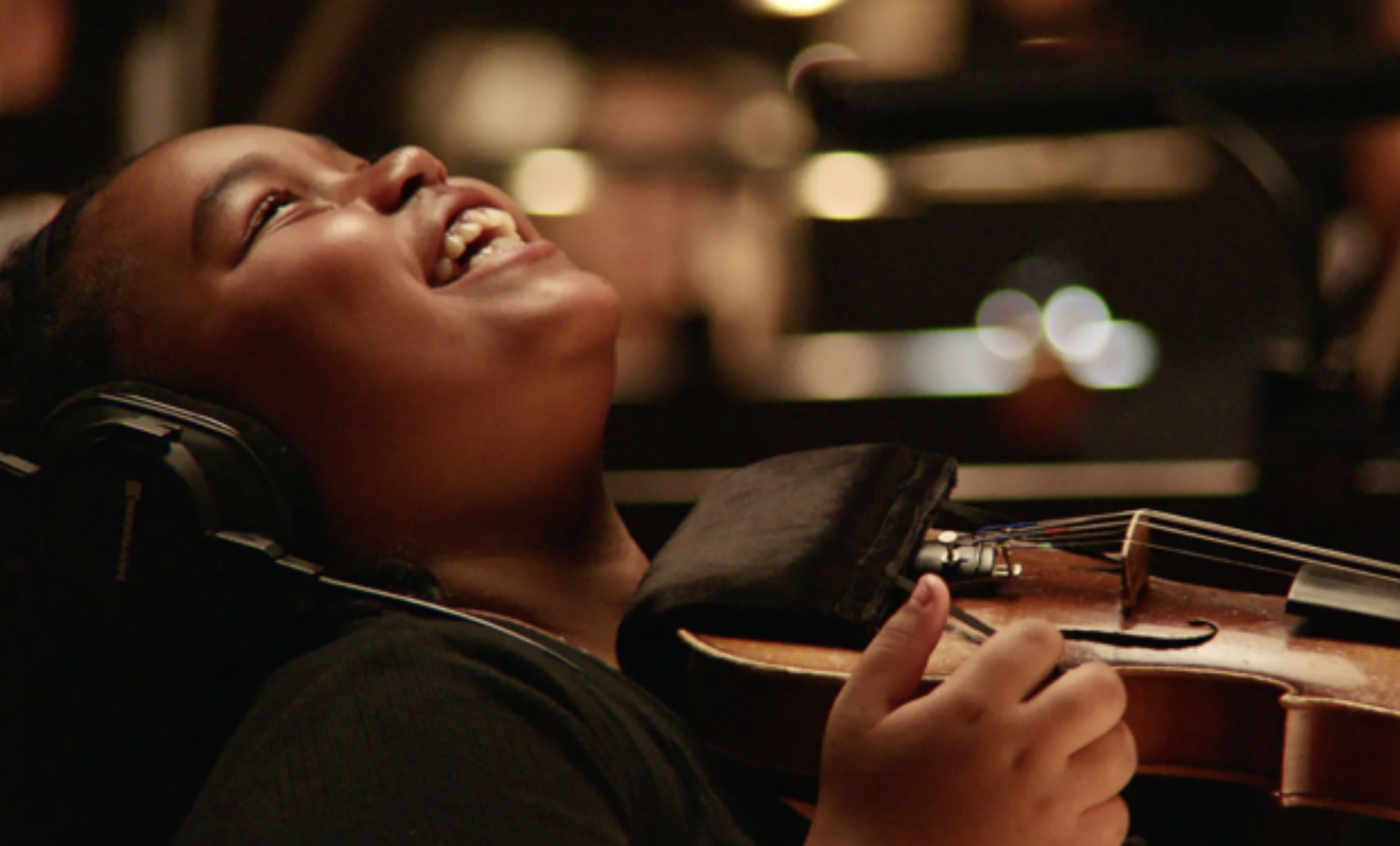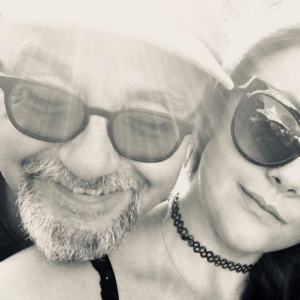THE MUSICIAN AND THE CRITIC
Robert Christgau Reviews Bonnie Raitt‘s Just Like That
CONTENTS
- ONE TRACK: When We Say Goodnight
- ALBUM PLAYLIST: Just Like That on YouTube and Spotify
- CHECK THIS: Robert Christgau’s weekly and monthly newsletters

50 YEARS ON: ROBERT CHRISTGAU ON BONNIE RAITT’S LATEST
She’s still making music and he’s still writing about it
Groundbreaking musician Bonnie Raitt and erudite music critic Robert Christgau have been traversing the terrain of popular music for five decades. Raitt was one of the pioneering women in the 70s music scene that included Janis Joplin and Ellen McIlwaine. Christgau, the self proclaimed “Dean Of Music Critics”, was one of the rare men in his field who figured out early that feminism was changing the music scene.
So, 50 years on it’s a thrill to read Christgau’s review of Raitt’s latest collection Just Like That in his weekly music blog And It Don’t Stop Here. Read it below.
Today’s post is about two things:
1) Sharing Raitt’s new album and
2) Introducing Christgau’s idiosyncratic, deeply knowledgeable and entertaining work. Have a look at what he does – his And It Don’t Stop weekly newsletter and the monthly Consumer Guide – here.

Stay tuned and enjoy,

07 August 2022
REVIEW

Bonnie Raitt: Just Like That . . . (Redwing)
It’s the same old same old only if you think her traditionalist shtick is a lot mustier than it was when she invented it 50 years ago. I mean, there’s an abundance of good songs here—songs with lyrics so rangy and specific that they render her fifth studio album of the century her best of the century. The two openers that chronicle love bereft and entranced like so many before them are covers this time, soon topped by the post-bereft Covid pledge “Livin’ for the Ones” and a short short story in which Raitt assumes the role of a mother who opens her front door to the guy whose life was saved by the heart of the dead son she never stops mourning. Both these creations make it seem as if Raitt is missing John Prine even more than the rest of us, as does a finale sung in the voice of a murderer who finds some measure of redemption in the hospice ward of the prison he calls home. And then there’s the blatantly autobiographical “Waitin’ for You to Blow,” where she rides shotgun on her fraught relationship with her own recovery. A MINUS\





